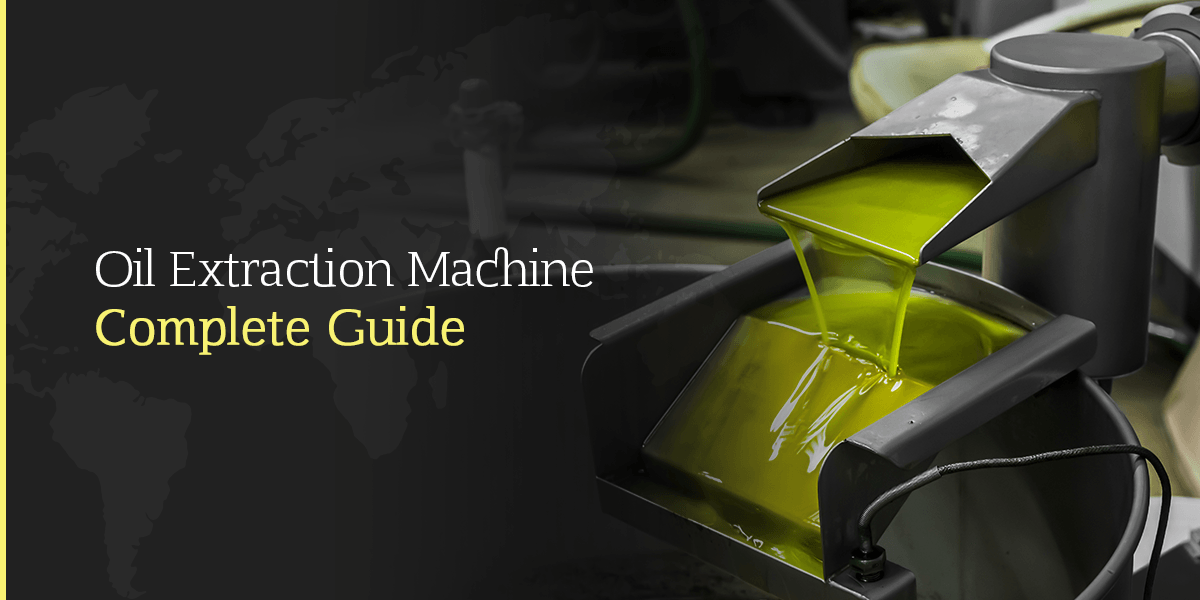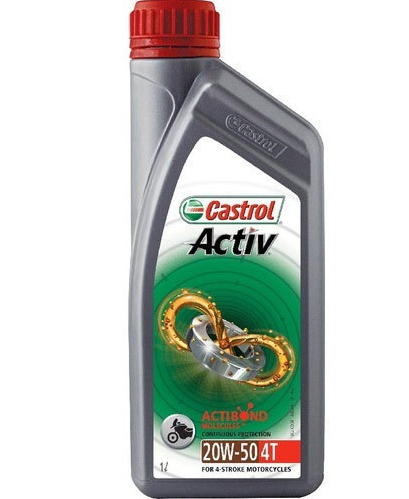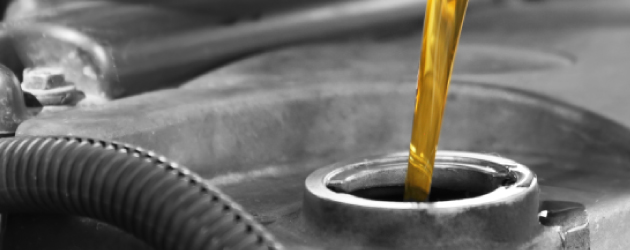Small engine oil type plays an important role in the performance and longevity of small engines commonly found in equipment like lawn mowers, generators, and chainsaws. Selecting the right type of oil is essential to ensuring proper lubrication, temperature control, and overall engine efficiency. In this guide, we will explore the different types of oils recommended for small engines, highlighting their characteristics and the importance of adhering to manufacturer specifications. Understanding the nuances of small engine oil types is key to maintaining and optimizing the performance of these essential pieces of equipment.
Understanding the Different Types of Engine Oil
Before delving into specific oil types, it’s essential to understand the different classifications of engine oil. The Society of Automotive Engineers (SAE) categorizes oils based on their viscosity, which indicates the oil’s thickness or flow rate. Commonly used oil types for small engines include:
| Oil Type | Viscosity |
|---|---|
| SAE 30 | Thicker oil is suitable for warmer temperatures. |
| SAE 10W-30 | multi-grade oil suitable for both hot and cold temperatures |
| SAE 5W-30 | Another multi-grade oil with better cold-start performance |
Now that you are familiar with the different oil types, let’s explore the recommended oil choices for some popular small engine brands.
Oil for Kawasaki Engines
Kawasaki engines powered by lawn mowers or other outdoor equipment require specific oil types and quantities. To ensure optimal performance, it is advisable to use Kawasaki-recommended oils. Refer to the manufacturer’s specifications to determine the precise type and quantity of oil required for your Kawasaki engine.
Oil for Kohler Engines
Similar to Kawasaki engines, Kohler engines also require specific oil types and quantities. Check the manufacturer’s recommendations for your Kohler engine to choose the appropriate oil type and follow the suggested oil change intervals.

Credit: www.globaleee.com
Oil for Toro Engines
Toro engines, commonly found in lawn mowers and other outdoor power equipment, have their own specific oil requirements. Consult the Toro manufacturer’s guidelines to identify the recommended oil type and suitable oil change intervals for your Toro engine.

Credit: www.valvolineglobal.com
General Recommendations for Small Engines
Although each brand may have its own specific oil recommendations, in most cases, SAE 10W-30 or SAE 5W-30 oils work well for small engines. These multi-grade oils offer better temperature versatility and can provide reliable performance in various weather conditions.
Small Engine Oil Type: Recommendations
For small engines, such as those found in lawn mowers, generators, and chainsaws, it is important to use the correct type of oil to ensure proper lubrication and engine performance. Here are some general recommendations for small engine oil types:
-
Lawn Mower Oil Types:
- SAE 30: This oil is suitable for warmer temperatures and is the most common choice for small engines.
- SAE 10W-30: It works well across varying temperature ranges. It improves cold weather starting but may increase oil consumption.
- Synthetic SAE 5W-30: It ensures the best protection at all temperatures and is improved, starting with a lower oil cost.
- SAE 5W-30: Ideal for very cold temperatures.
- Vanguard 15W-50: Suitable for continuous use, such as commercial lawn cutting or pressure washing.
- When selecting lawn mower oil, opt for a high-quality detergent oil classified as “For Service SF, SG, SH, SJ” or higher. Avoid using special additives. Synthetic oil is tolerable at all temperatures, and its utilization doesn’t alter the required oil change intervals.
-
Oil Capacity:
- Walk-behind mowers: Typically, oil capacity is around 15 oz or 18 oz. Check the oil level during the season and add more as needed. Change the engine oil every 50 hours or annually, whichever comes first.
- Riding mowers: Oil capacity is usually 48 oz or 64 oz. Change the engine oil every 100 hours or annually.
-
Synthetic Oil:
- You can use synthetic oil in all temperature ranges. Briggs & Stratton now recommends synthetic 5W30 or 15W50 oil. It provides excellent performance and complies with warranty requirements. Synthetic oil doesn’t alter regular maintenance schedules (e.g., checking oil, changing oil).
-
Two-Stroke Engines:
- Some lawn mowers have two-stroke engines. These engines burn gasoline and oil simultaneously.
- For two-stroke engines, mix two-stroke engine oil with gasoline before filling the tank. The mixing ratio varies but is typically between 30:1 and 50:1 (gas to oil).
- Check your lawn mowers owner’s manual for the correct mixing ratio.
Remember, using high-quality oil and following proper maintenance practices will keep your small engine running smoothly!
Oil Change Intervals and Best Practices
Regular oil changes are crucial for maintaining the health of your small engine. The frequency of oil changes depends on several factors, including the type of oil used, operating conditions, and the manufacturer’s guidelines. As a general rule of thumb, aim to change the oil in your small engine after every 25–50 hours of use, or at least once per season.
When performing an oil change, ensure that the engine has cooled down and follow these steps:
- Locate the oil drain plug on your small engine.
- Place an oil pan underneath the engine to catch the old oil.
- Remove the oil drain plug and allow the old oil to drain completely.
- Replace the drain plug securely.
- Refill the engine with the recommended oil type and quantity.
- Check the oil level with the dipstick and adjust if necessary.
- Dispose of the used oil properly by taking it to a local recycling center.
Frequently Asked Questions on Small Engine Oil Type: The Ultimate Guide
What Kind of Oil Do Small Engines Use?
Small engines use SAE 30 oil for optimal performance and protection. Ensure to follow the manufacturer’s recommendations.
Is 10w30 Good for Small Engines?
Yes, 10W30 is suitable for small engines, including lawn mowers, providing proper lubrication and protection.
Is Sae 30 For Small Engines?
SAE 30 is suitable for small engines. Use the recommended amount and follow manufacturer guidelines for optimal performance and engine protection.
Can I Use 5w30 Instead of Sae 30 In My Lawn Mower?
Yes, you can use 5w30 instead of SAE 30 in your lawn mower. Both oils have similar viscosity and can provide adequate lubrication for your mower’s engine. However, it is important to check your mower’s manual or consult a professional to ensure compatibility and optimal performance.
Conclusion
Choosing the right oil for your small engine is vital for its optimal performance and longevity. Different brands and models may have specific requirements, so always consult the manufacturer’s guidelines for the recommended oil type and change intervals. Regular oil changes and proper maintenance will keep your small engine equipment running smoothly for years to come.
Remember, using the right oil and following the best practices will ensure that your small engine operates at its best, providing reliable performance whenever you need it.


